

Personalized Genetic Nutrition Testing service
Nutrigenomics is the study of how diet influences gene expression, and thus, health.
Nutrigenomics as the identification of genes that are involved in physiological responses to diet, and the genes in which small changes, called polymorphisms, may have significant nutritional consequences. Nutrigenetics is then defined as the study of these individual genetic variations or polymorphisms, their interaction with nutritional factors, and their association with health and disease. Others define nutrigenomics as the study of the functional interactions between food and the genome at the molecular, cellular, and organismic levels, and the ways in which individuals respond differently to diets depending on their genetic makeup.
Nutrigenomics, more specifically and less “tongue in cheek,” a discipline that attempts to explain how nutrients, or common dietary chemicals, affect one’s health by altering gene expression. So doing a genetic testing with a nutrition plan helps you interpret your genes and for enables the nutritionist to guide you by a structured nutrition guidance plan-the most personalised nutrition plan that can help you towards a better health.
Based on your genetic report it might be able to answer pertinent questions about your health, and / or give you great directions on how you can plan your nutrition better towards a better more optimum health. A little like crystal ball gazing.
Basic tenets of the discipline include the following:
- Common dietary chemicals act on the human genome, directly or indirectly, to alter gene expression or structure.
- Under certain circumstances and in some individuals, diet can be a serious risk factor for a number of diseases.
- Diet-regulated genes are likely play a role in theincidence, onset, progression, and the severity of chronic diseases.
- The degree to which diet influences the balance between healthy and disease states may depend on an individual’s genetic makeup.
- Dietary intervention(i.e., “customised and individual nutrition”) based on the knowledge of nutritional requirement, status and genotype can be used to prevent, mitigate, or cure chronic diseases.
One reason that nutrigenomics currently is receiving substantial attention is that the necessary science to monitor gene expression finally has been developed. By accurately controlling input to such biological systems (e.g., nutrients), how gene expression varies with input can be measured. Where the function of a particular gene, or set of genes, is understood, one can correlate what one eats with a particular and measurable biological outcome. The outcome may be related to a known disease. Another reason why nutrigenomics is receiving attention may involve recent reports in peer-reviewed journals that show interesting relationships between minerals and beneficial effects in animal models.
Nutrigenomics works differently to the general recommended daily allowances that is intended to prevent nutritional deficiencies in the general population and contrasts with traditional food pyramid and foods/ supplements that are claimed to be beneficial for everyone.
Genetic variations among individuals can result in very varied responses to general diets and specific foods. Nutrigenomics isthus applied better on individuals, sub and subsets of populations, ethnic groups that share genetic similarities to have clearer gazing view on nutrition planning and execution.
Connect with our Nutrition
Nutrition Gene test
This test will tell you about the micro and macro nutrients in your body. Any food allergies that you may have, will be reflected in this report.
What kind of foods will build your immunity? What will work for you? What won’t work? Will you absorb the nutrients in your food? How will you process fats?


Fitness Gene test
The Fitness Gene test will determine the kind of activity that will suit your body. This is primarily for athletes, fitness enthusiasts and for people who are not able to reach their weight goals no matter how much they exercise.
Will running impact your knee? Is swimming better for you than jogging? Is weight training the answer for building your muscle tone?

Dermatology
The largest organ of your body is a barometer of your health. Face it, we are conscious of the way we look and the health of our skin reflects the state of our internal wellbeing. Food is directly related to skin health.
Bad eating choices and lifestyle disorders cause premature aging, acne, wrinkles, rosacea, hair loss besides various other complications. These lead to diminished confidence and self-esteem.
At QUA Nutrition, our world class nutritionists work with you to resolve your skin issues and restore your skin health by giving a comprehensive nutrition plan that works from inside out.
Allergy
Allergy is body’s reaction to allergens, this panel covers underlying genetics risks for few allergens.Knowing the risk one can control or avoid them
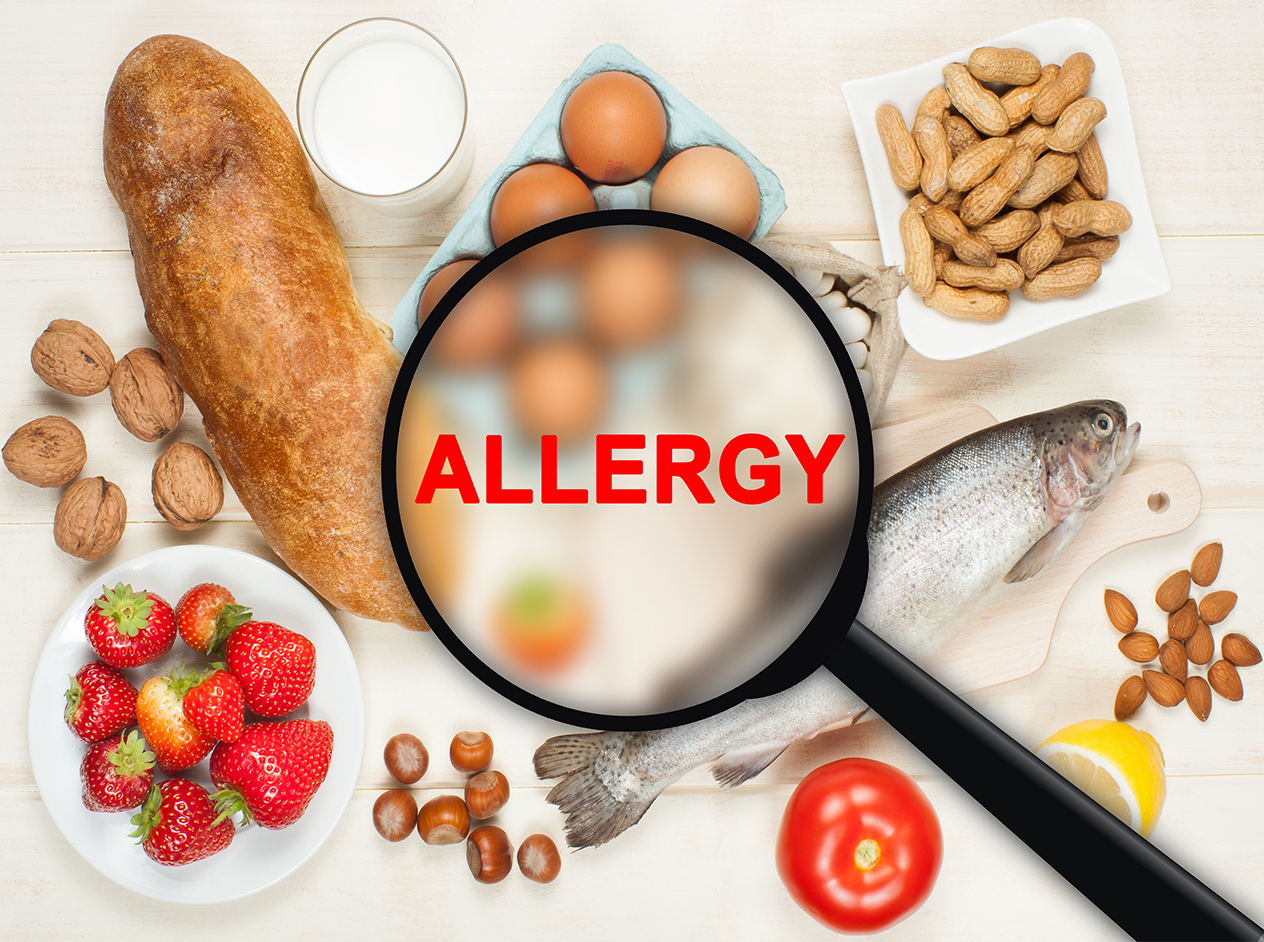

Bone Health & Disorders
Your bones and genes are crucial to your health, with certain gene variations affecting bone density and increasing the risk of fractures. Our genetic testing report identifies gene variations impacting bone health, empowering individuals to take proactive steps to prevent or manage osteoporosis. With healthy choices and our report, you can optimize your bone health and enjoy an active, fulfilling life.
Cardiology
Matters of heart are less spoken off, but are serious. The cardiology panel dwelves underlying genetics of matters of cardiac health. Events right from arythmia & sudden cardiac arrest are genetic, knowing risks can help one screen better and prevent the aftermath.
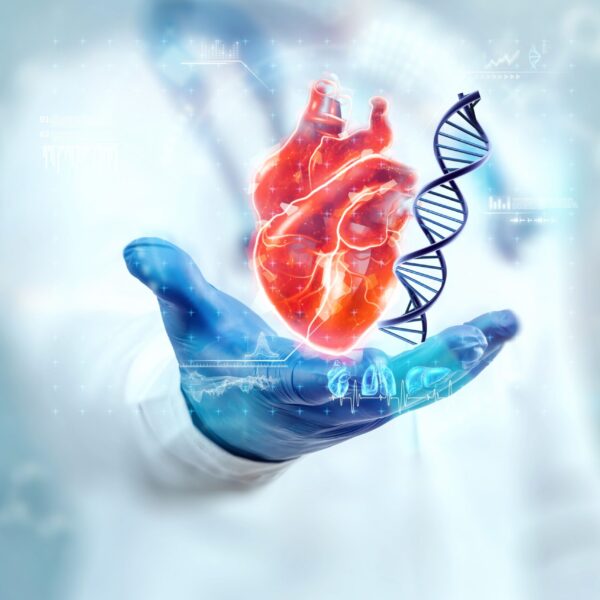

Circadian Rhythm
circadian cycle, is a natural, internal process that regulates the sleep–wake cycle and repeats roughly every 24 hours. Understanding whether one is a morning or evening person based on genetics will give a lot of benefit in planning the fitness schedule, meal schedule, sleep time monitoring etc.
Dental
Dental conditions are actually manageable with appropriate changes if made on time. The genetics of dental panel is key to make those changes timely to keep away dental issues
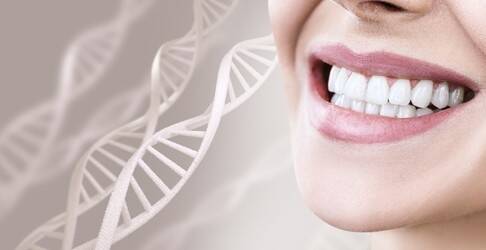
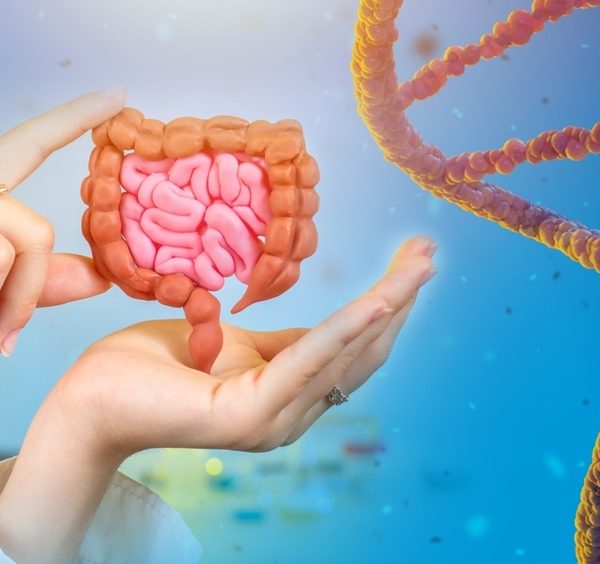
Gastrointestinal
GI track is most important part of aqcuiring nutrition, however lot of isseus pertaining to gastro intestinal track can cause substandard quality of life. GeneticRisks of GI conditions can help one navigate through it with ease
Haematological Disorders
Predictive genetics can identify those at risk of haematological disorders, allowing for personalized care and treatment. It can guide reproductive decisions and revolutionize how we approach these conditions.
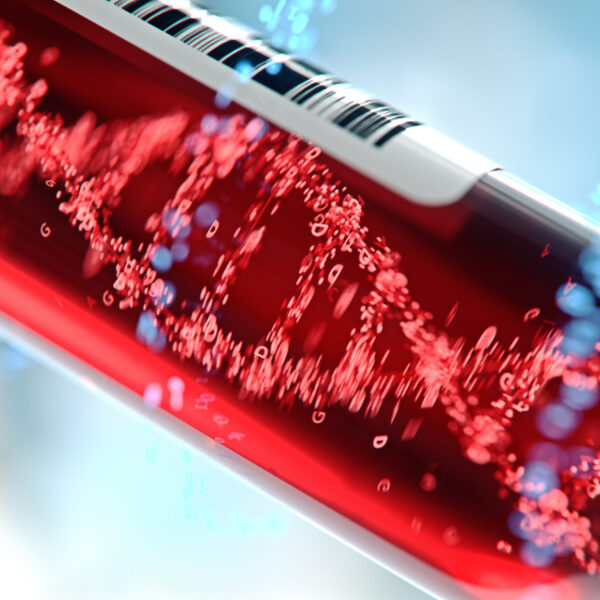
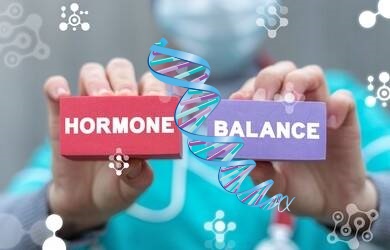
Hormonal genomics
The hormonal health is key to balance of life, areas concerning to it in women such as thyroid, pcos, gestational diabetes, in men such as low testesteron, infertility are highly influenced by genetics too.
Immunology
Our immune system is first line of defense for any pathogens coming into body and autoimmune conditions, understanding genetic factors impacting immune functions could be of great help to mitigate such risks in future or underlying autoimmune conditions
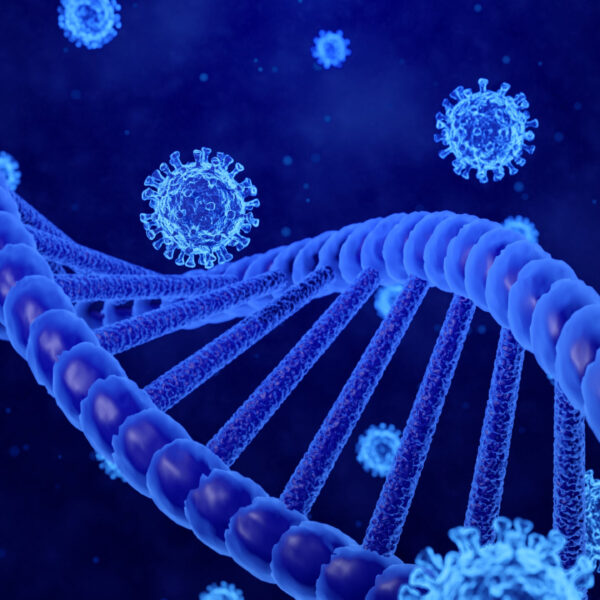
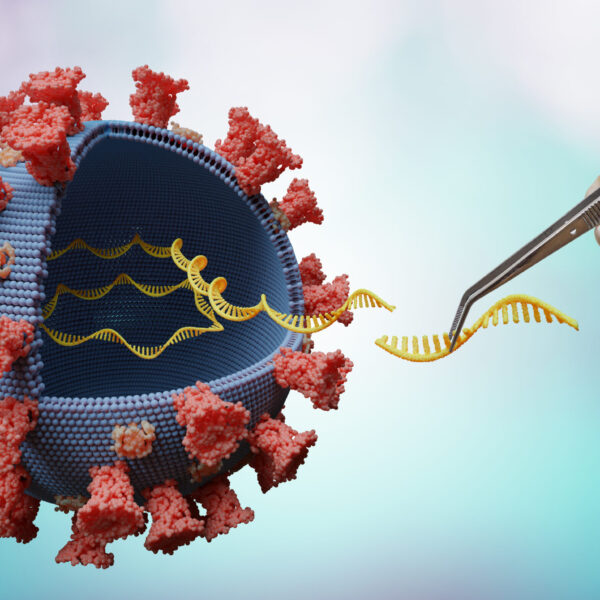
Infectious Diseases
Predictive genetics can identify those at higher risk of infectious diseases like syphilis, tuberculosis, dengue, and HIV. By analyzing genetic makeup, doctors can detect variations linked to susceptibility. This helps develop targeted interventions and treatment plans to prevent or reduce the impact of these diseases.
Lifestyle genomics
Diabetes, hypertension, obesity are the infamous “Diseases of our Civilization”. These diseases are highly influenced by your genetic make-up. It is possible to predict the susceptibility to these diseases early on in life. Lifestyle genomics panel points you to your genetic risk factors and helps you mitigate them


Neurology
Neurological conditions, dimentia, alzhiemers, parkinsons are some where we don’t have cure till now, knowing the risk and mitigating them is the only way out. The panel helps one understand the underlying genetic risks for neurological conditions
Opthalmology
Eyes are mirror to your world, genetic risks for conditions/diseases that can impact vision and fucntionality of eyes have been covered in this panel. This panel works as an eye opener for conditions which we might never forsee through our naked eyes.
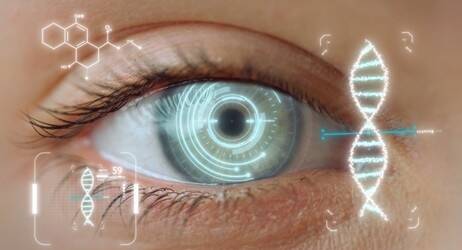
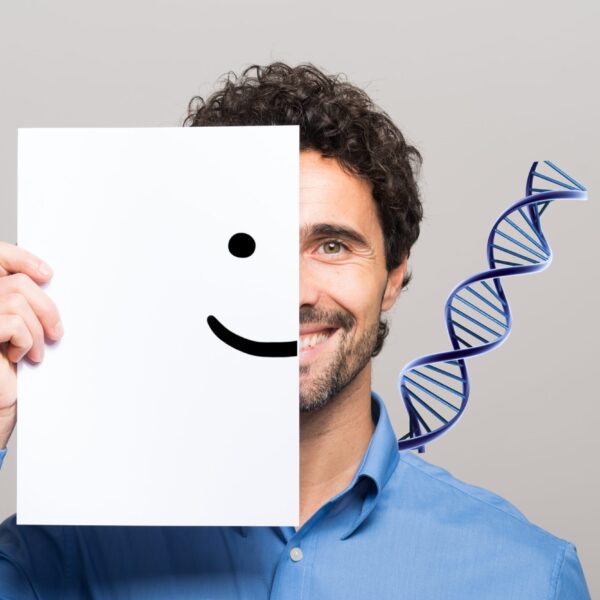
Personality
The personality is made up of IQ-intelligence quotient, EQ-emotional quotient & SQ ( character-social quotient). All these have number of traits which have strong genetic relevance. Understanding them and using the right conducieve environment to improve on them could help one shine better
Pulmonary
Lungs are one of the important vital organ of our body. The respiratory disorders such as COPD. ADRS has inherit genetic component. Lung health impacts a lot of other metabolic fucntions of the body.
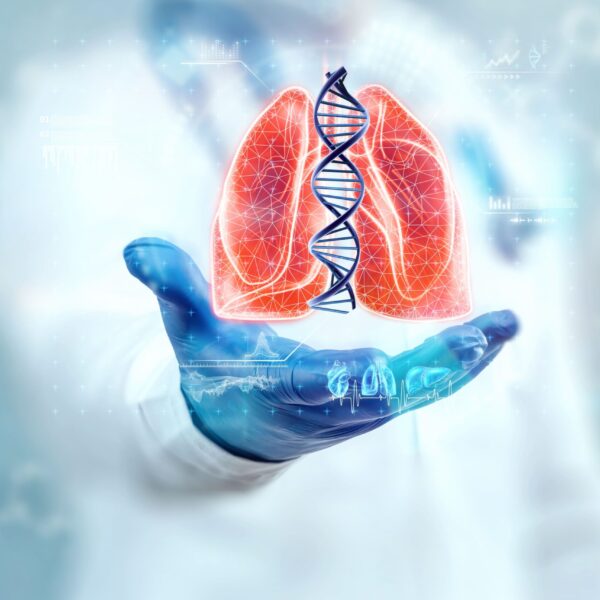
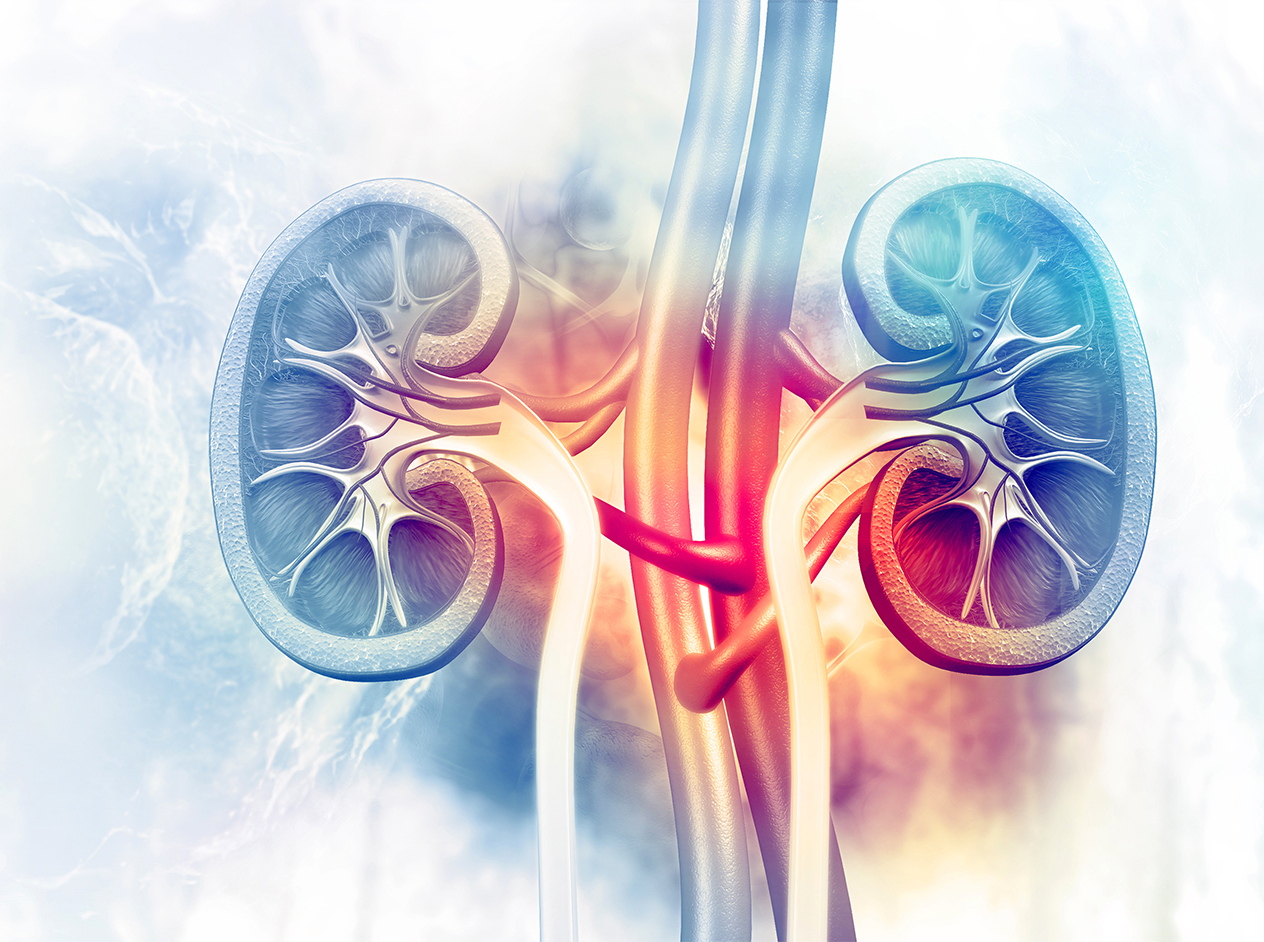
Renal
Kidney diseases account for about lot of complications in healthcare. Understanding the predispositions of renal health may imporve chances of treatement, diagnosis and care for those at risk
Microbiome Test
The microbiome test done via the stool sample identifies which the quantum, species, quality of the microorganisms in your gut system. These microorganism combination of the good and bad bacteria controls your gut health. This report records the profile of the bacteria, behaviour, system condition and helps identifies the causative dietary elements that may have caused a specific gut related condition, symptom to identifying pathways to improve the same and also look at better wholistic health improvements in the long run.
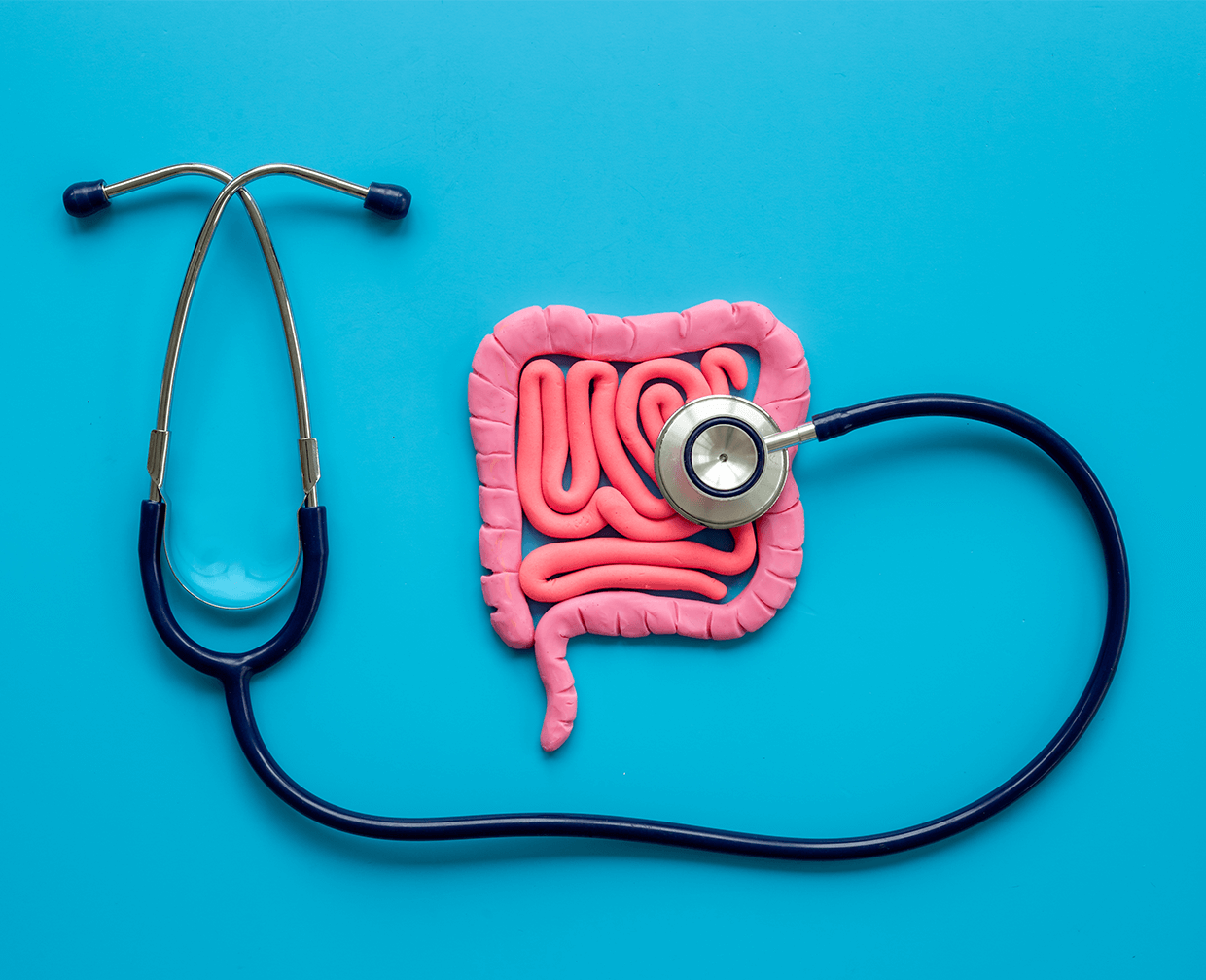

IVF and Pregnancy
Nutrition remains the highest priority for individuals who are preparing for IVF or expecting a baby. What you eat can significantly impact factors such as hormone balance, egg health, and fetal development. At Qua Nutrition, we support both IVF and natural pregnancy with research-based nutrition that is gentle and effective.
By increasing the likelihood of implantation and lowering the risk of pregnancy, Qua Nutrition creates individualized diet plans that benefit both mother and baby. To guarantee the best result, our team strives to address nutrient deficiencies, enhance egg quality, and promote hormone health.
Detox
Air, water, food, and even stress constantly expose your body to toxins. If not managed properly, these toxins can accumulate and build up over time, negatively affecting your metabolism and leaving you feeling bloated and fatigued. Detox is not about starving; it is about eating right!
Qua Nutrition creates comprehensive diet plans that promote natural detoxification by analyzing and identifying how your body reacts to various toxins. With the correct diet, our professionals try to eliminate dangerous toxins and boost your vitality. Restoring your vitality and resetting your body are the goals of detox at Qua Nutrition.


Addiction
Addiction disrupts your brain chemistry and hormones, which can further cause nutritional deficiencies. Recovery from addiction requires more than substance abstinence; it requires proper nutrition.
Our team of expert nutritionists at Qua Nutrition strives to rebuild you from the inside out through personalized diet plans to stabilize mood, reduce cravings, and repair the nutritional damage caused by substance abuse.
Our team employs the right foods to support neurotransmitter balance, liver function, and mental clarity to enforce comprehensive healing. We are here to guide you every step of the way toward a healthier life.
Vaccinomics
Nutrition plays a major role in how your body builds immunity. Our team at Qua Nutrition offers a vaccinomics-based approach to maximize your vaccine efficacy. As not all immune systems respond the same way to vaccines, we analyze and learn your health profile parameters to curate and provide targeted nutrients that support immunity.
By helping you eat the right foods before and after vaccination, we train your body to adapt better, faster, and stronger. Our personalized approach to immunity ensures that your body is well-prepared to build a strong defense.
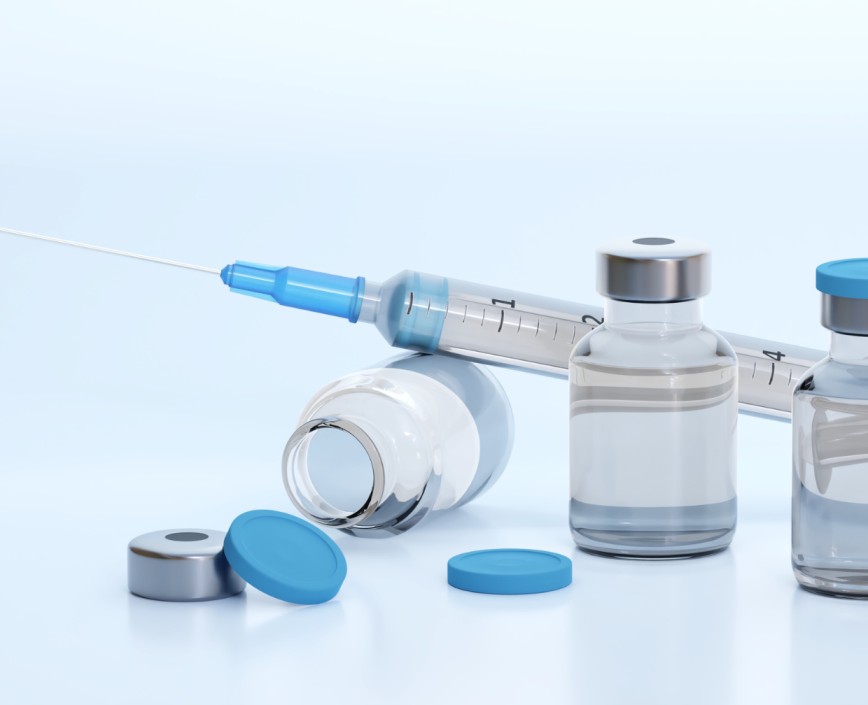
The Process
Frequently asked questions
What is genetic test?
It is a DNA test to understand your genetic predisposition.
2. Can it be done in any lab?
No, it can only be done in a genetic lab. A blood test lab can’t perform genetic testing.
3. How is it done?
It is normally done through collection of saliva in a kit. Another method is blood collection which can be more accurate.
4. How long does it take for the results to come?
It normally takes 4 to 6 weeks for the results of a genetic test to come out.
5. How can we use it?
The results of a genetic test can be used to understand behavioral, nutritional and lifestyle tendencies which can be used to create the perfect nutrition plan for you.
6. Why is it so expensive?
The equipment used in testing is very expensive. Additionally, the comprehensiveness of a test also impacts the cost.
7. Does it go abroad to test?
The testing is done in Indian labs; and the analysis is aligned to the predispositioned traits in the Indian subcontinent.
9. How many gene traits do you cover?
The number of gene traits covered depend on the type of genetic test. A nutrition gene test has 38 traits while a health gene test has 46.
10. What is raw data?
Raw data is the information collected from a genetic test. It can be used in any genetic lab to get a genetic report. This data does not need to be collected over and over again.
11. How can I do the genetic test when I am abroad?
If abroad, a sister test from 23andme can be done. Raw data will be provided, which should be shared with us to generate specific genetic reports. Separate payments will be required for both the raw data from 23andme as well as to the genetic lab for a report.
12. How do maintain confidentiality of our data?
Genetic samples that are collected are trapped by a unique barcode. This barcode is the only identification method vis-à-vis your sample. You need not share your name while doing a Genetic test. The lab is only aware of the barcode while the process of the sample raw data and the reports are being generated, thereby keeping your data confidential. You can request that your raw data and reports are deleted permanently from our systems after your genetic reports are shared with you.



